March marks Women’s History Month, a time to reflect on the pivotal roles women have played in shaping our understanding of food and health. In recent history, two seminal publications stand out: Rachel Carson’s "Silent Spring" and Frances Moore Lappé’s "Diet for a Small Planet." Both works have profoundly influenced our awareness of the harmful effects of human-made chemicals (as in "Silent Spring") and the sources of protein in our diets (as in "Diet for a Small Planet").
Frances Moore Lappé emerged as an early advocate for plant-based diets at a time when the prevailing wisdom dictated a daily intake of animal protein. Her groundbreaking book, "Diet for a Small Planet," published over 50 years ago, challenged this mindset and thrust her into the spotlight of nutritional discourse.
I still possess a copy of "Diet for a Small Planet," a relic from 1971 that has accompanied me as I moved around the country. This $1.25 investment fundamentally shifted my perspective on the interconnectedness of human consumption and planetary health. Lappé’s work focused on two critical issues: the sources of protein in our diets and the environmental impact of protein production in the United States. She boldly posed the question: Is meat necessary? Lappé guided readers in evaluating the types of protein essential for a healthy diet while exploring sustainable methods of production that minimize harm to the planet.
Lappé's contributions were multifaceted:
1. She meticulously analyzed scientific literature and consulted with dietitians to establish protein equivalents. For instance, she revealed that 1 ½ cups of beans provided protein equivalent to a 6 ¼ oz beef steak.
2. Lappé raised awareness about our planet's finite resources and the disproportionate environmental toll of animal protein production. Her research highlighted the inefficiencies inherent in converting plant resources into animal protein, underscoring the environmental benefits of plant-based diets. Her data showed that resources – space, water, time – needed to produce animal protein are significantly greater than resources required for plant-based protein. Cattle must consume plants to produce energy and obtain carbon for growth whereas plants obtain energy from sunlight and carbon from carbon dioxide (CO2) in the atmosphere. Cattle produce methane (CH4) a potent greenhouse gas, whereas plants consume CO2 and produce oxygen that we breathe.
3. Through her advocacy, Lappé emphasized the nutritional superiority of plant-based proteins from legumes, nuts, seeds, and soy products. These alternatives are lower in saturated fat and cholesterol, reducing the risk of heart disease, while also being rich in fiber, minerals, and vitamins. Studies have shown that the purported "cravings" for animal meat stem from a need for heme and iron, nutrients readily available from various sources in adequate quantities.
Frances Moore Lappé's legacy extends beyond nutrition; it embodies a paradigm shift towards sustainable living and conscientious consumption. As we celebrate Women's History Month, let us honor Lappé's pioneering contributions, which continue to inspire a healthier future for both humanity and the planet.
Lappé, born in Pendleton, Oregon 80 years ago, continues to be a leader in promoting low-impact agriculture, equity, and democracy. This internationally recognized woman has received numerous awards, including the Rachel Carson Award. She is currently working with her daughter at the Small Planet Institute that she founded in 2002. https://en.wikipedia.org/wiki/Frances_Moore_Lappé
Trish Hartzell
Board of Directors
Moscow Food Co-op

